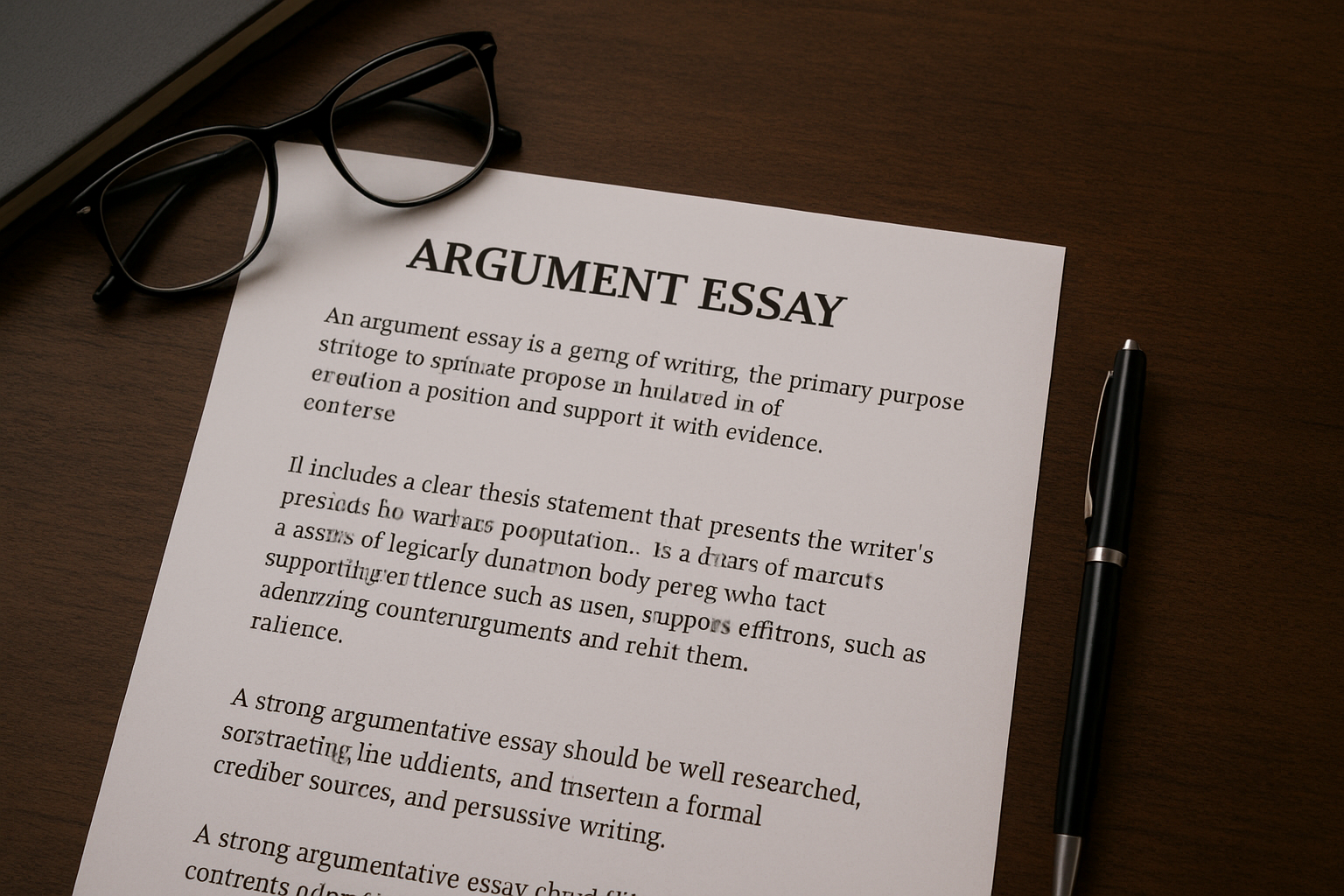Pollution essay for student. poll66ution is one of the biggest environmental threats the world is facing today. It refers to the introduction of harmful substances into our natural environment, making it toxic for humans, animals, and plants. Pollution affects every part of our planet—from the air we breathe to the water we drink and the land we grow food on. As the world becomes more industrialized and urbanized, pollution continues to rise, threatening health, climate, and biodiversity.

Types of Pollution
Pollution is not just one thing—it exists in many forms. The major types include:
1. Air Pollution
Air pollution is caused by the release of harmful gases and particles into the atmosphere. Sources include vehicle emissions, factories, burning of fossil fuels, and wildfires. Common pollutants like carbon monoxide, nitrogen dioxide, and sulfur dioxide can cause respiratory illnesses, heart problems, and contribute to global warming.
2. Water Pollution
Water pollution occurs when harmful substances contaminate water bodies such as rivers, lakes, and oceans. This happens due to industrial waste, sewage, oil spills, and agricultural runoff. Polluted water can lead to diseases like cholera, destroy marine life, and contaminate drinking water.
3. Soil Pollution
Soil pollution is mainly caused by the use of pesticides, dumping of non-biodegradable waste, and industrial chemicals. It reduces soil fertility and affects crop growth. Contaminated soil can also harm the food chain.
4. Noise Pollution
Noise pollution is caused by loud sounds from vehicles, industries, construction, and loudspeakers. It affects human health by causing stress, hearing loss, and sleep disorders.
5. Light Pollution
Excessive artificial lighting in urban areas leads to light pollution. It disrupts ecosystems and affects human circadian rhythms (sleep-wake cycles).
6. Thermal Pollution
Thermal pollution occurs when industries release hot water into rivers or lakes, raising the water temperature and harming aquatic life by reducing oxygen levels.
Causes of Pollution
There are several human activities responsible for pollution:
- Rapid industrialization and the growth of factories releasing pollutants.
- Vehicular emissions due to increasing number of cars and transport systems.
- Deforestation, leading to loss of green cover and ecological imbalance.
- Plastic waste, which is non-biodegradable and pollutes both land and water.
- Agricultural chemicals like fertilizers and pesticides entering soil and water.
- Poor waste management and lack of recycling systems.
Effects of Pollution
Pollution has long-term and short-term effects on both the environment and human health:
- Health problems such as asthma, lung cancer, heart disease, and infections.
- Climate change due to rising greenhouse gas emissions.
- Loss of biodiversity, with many species becoming endangered or extinct.
- Soil degradation and reduced agricultural productivity.
- Water scarcity, as freshwater resources become polluted.
- Economic impact due to rising healthcare costs and environmental disasters.
To fight the harmful effects of pollution on our physical and mental health, adopting natural practices like yoga can be extremely helpful.
👉 Also Read: International Yoga Day 2025 – Why This Ancient Practice Still Matters in Today’s Polluted World
Solutions to Reduce Pollution
Though pollution is a major problem, it can be controlled through effective steps and cooperation:
1. Use of Renewable Energy
Switching to clean energy sources like solar, wind, and hydro can reduce dependence on fossil fuels.
2. Public Transportation
Encouraging the use of public transport, carpooling, and electric vehicles can cut down emissions.
3. Reduce, Reuse, Recycle
Proper waste management, especially reducing plastic use and recycling materials, can help minimize pollution.
4. Afforestation
Planting more trees improves air quality, restores ecosystems, and combats climate change.
5. Government Policies
Strict laws and penalties for industries causing pollution can ensure better compliance.
6. Public Awareness
Educating people about the dangers of pollution and promoting eco-friendly habits is key to long-term success.
Pollution is a critical issue that needs immediate attention. The health of our planet and future generations depends on the choices we make today. By reducing emissions, managing waste, conserving energy, and spreading awareness, we can combat pollution effectively. It is not just the responsibility of governments and organizations—every individual must take part in preserving the environment. A cleaner, greener world starts with us.





